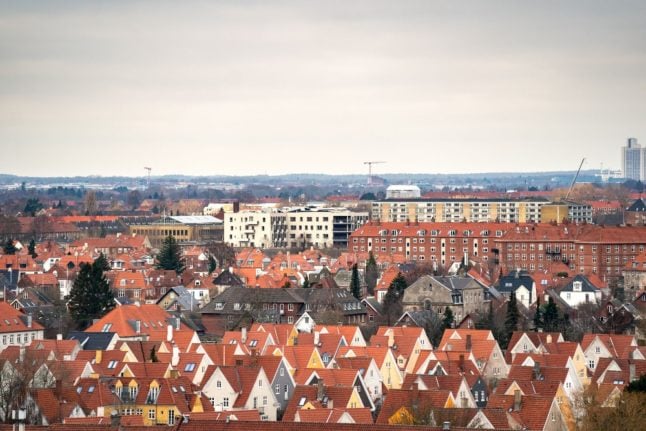Preliminary property valuations for forthcoming new tax rules, which take effect in 2024, were released earlier this week.
Homeowners have therefore been able to check the valuations of their homes, conducted by the Danish Property Assessment Agency (Vurderingsstyrelsen).
However, the published valuations – which consist of the property value (ejendomsværd) and land value (grundværdi) contain clear errors in up to 70,000 cases, according to reports by Danish media including broadcaster DR.
That is because some houses have been allocated a land value higher than the property value. This is impossible since the overall value of the property should be a combination of the values of the land and the building. A land value higher than the property value would therefore give the house a negative value.
READ ALSO:
- How to look up estimated Danish property tax for 2024
- What do homeowners need to know about new Danish property tax rules?
- EXPLAINED: Denmark’s new property tax rules from 2024
“We understand the confusion among homeowners over the examples of very skewed valuations that have been reported in the media. We have also been contacted by many frustrated members of the public,” Property Assessment Agency director Poul Taankvist said in a press statement.
The agency said it would review all valuations in the coming weeks before getting back to affected homeowners.
While incorrect preliminary valuations will not result in higher property tax bills – the new tax rules provide for deductions to be given to homeowners whose properties taxes would otherwise go up as a result of new valuations – they could potentially create complications when selling the house.
Although the Property Assessment Agency has said it will review cases, concerned homeowners have several steps of recourse available if they have valuations which they consider to be incorrect, DR writes.
These include contacting the Property Assessment Agency to request a reassessment of the valuation, especially if there is a 20 percent deviation from comparable properties; asking the agency to check it is based on correct data; sending an appeal to the Danish Data Protection Agency (Datatilsynet); and finally taking the Property Assessment Agency to court.
According to DR’s analysis of 1.6 million preliminary valuations, some 80,000 have land values higher than their property values. The average difference is some 1.3 million kroner.
The Property Assessment Agency has however previously stated that, in some cases, the land valuation might by higher than the value of the property, for example if two new properties could be built on the land in place of the existing one.




 Please whitelist us to continue reading.
Please whitelist us to continue reading.
Member comments